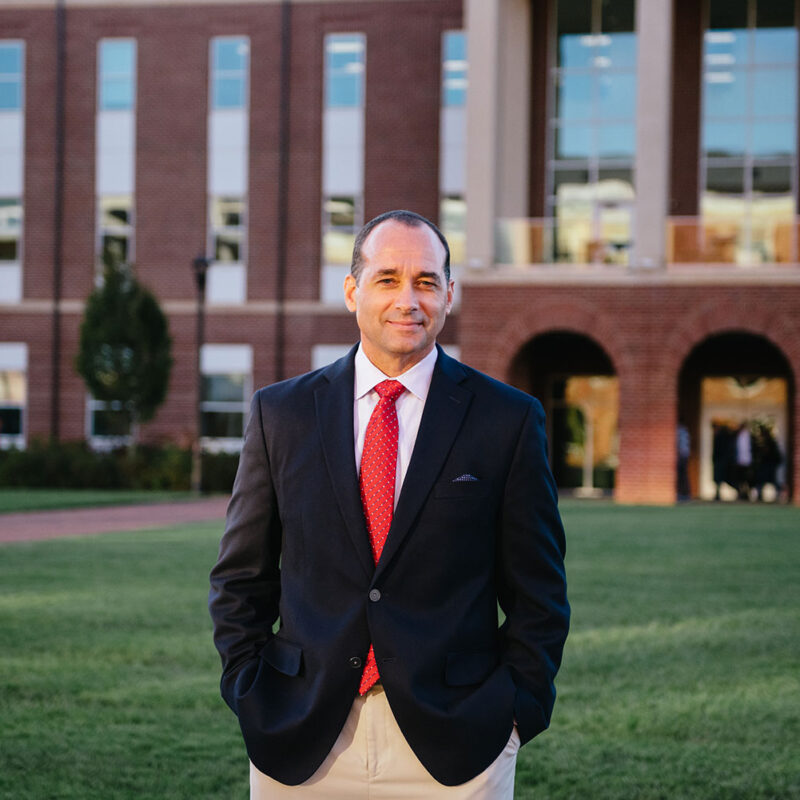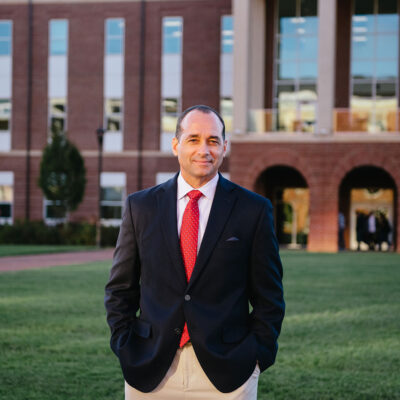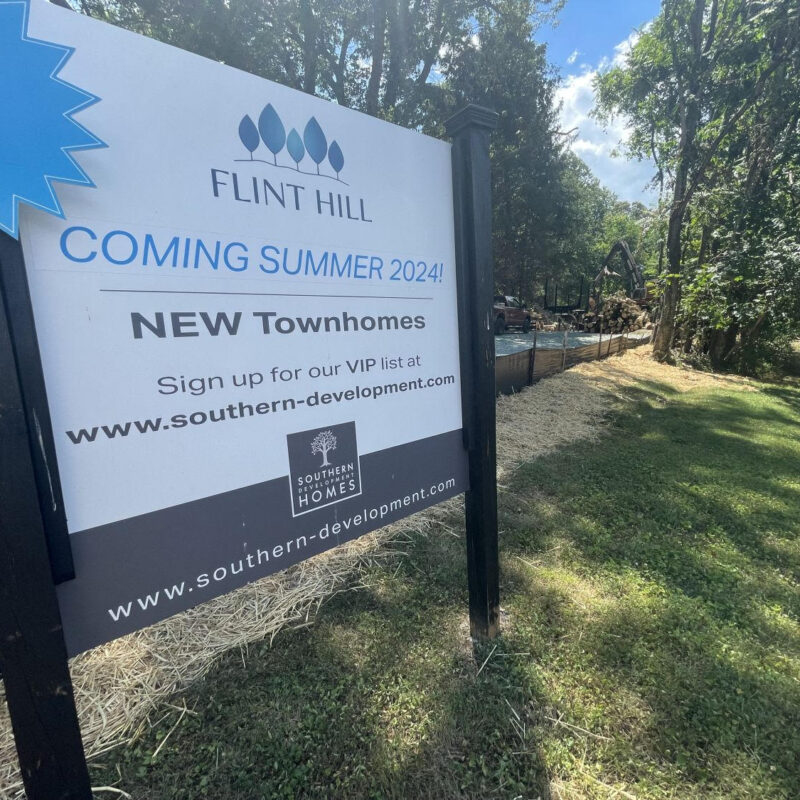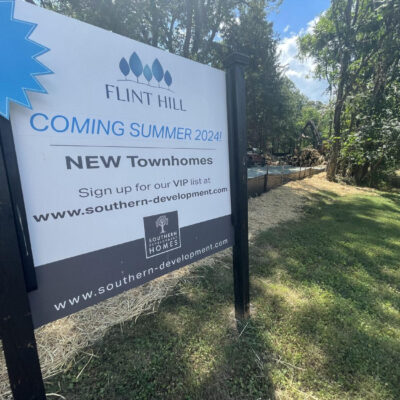April is crunch time for Virginia’s General Assembly members and Governor Tim Kaine. Delegates, senators, and the Governor are gathering in Richmond to hammer out final changes to the state budget for the period from July 1, 2008, through June 30, 2010. Delegates Rob Bell and David Toscano and their colleagues will be forced to weigh the relative costs and benefits of various government programs and to make difficult decisions about which programs to downsize during lean economic times. Among a host of issues, the state’s continued commitment to land preservation will be tested as legislators decide whether and how much to reduce funding to the Virginia Outdoors Foundation.
In February, Governor Kaine forecast state revenue shortfalls of $520 million for fiscal year 2009 and $530 million for fiscal 2010. Unlike the federal government, which routinely runs enormous budgetary deficits, Virginia (like almost all states) is re-quired to balance its budget. That means our elected representatives will reconvene in April to debate how to bring the state’s expenditures in line with its revenues. When the process ends, numerous agencies, programs, and beneficiaries of government benefits will receive the bad news: funding has been cut.
One state agency threatened with particularly significant budget cuts is the Virginia Outdoors Foundation. Created in 1966, the Virginia Outdoors Foundation summarizes its mission as serving as the “steward of…the land resources of Virginia, on behalf of present and future citizens.” In particular, the Virginia Outdoors Foundation negotiates, holds, monitors and enforces “conservation easements.”
Conservation easements are donations of interests in land in which the landowner retains the right to live on the property and use it for its traditional use, but is restricted with respect to future development of the property. Virginia has developed one of the most innovative programs in the country to encourage easement donations. It combines progressive and conservative ideas about the proper role of government by rewarding easement donors with a tax credit that can be sold on the open market.
Virginia’s easement program is praised by land-conservation advocates nationwide and has resulted in 325,000 acres being put under conservation easement by the Virginia Outdoors Foundation statewide since 2000. Easements have been particularly popular in Central Virginia. As a result, we—and, more importantly, our children and grandchildren—will continue to enjoy the unspoiled landscape and awesome beauty of this area.
Alas, protecting that awesome beauty does not come for free. A critical function of the Virginia Outdoors Foundation is to monitor current and future landowners’ compliance with conservation easements after they are donated.
In fiscal year 2008, the Virginia Outdoors Foundation’s operating budget was approximately $3.2 million. The majority of these funds come from state operating support of $2.25 million and a real estate deed recordation fee. In February, Governor Kaine recommended a reduction in the amount of state operating support to $2.05 million for fiscal year 2009. Then, in March, the General Assembly’s budgetary conference committee passed a revised budget that cut the amount further—all the way down to $1.525 million. This proposed reduction, combined with anticipated lower revenues from the recordation fee, would result in an approximate 25 percent decrease in the agency’s overall budget.
Cuts to the Virginia Outdoors Foundation’s budget, particularly if they affect staffing decisions, could significantly impair its ability to respond to Virginians who want to benefit their communities by preserving the land. Further, it will compromise the Foundation’s ability to monitor existing easements and ensure that they live up to their promise of preserving our natural heritage for generations to come.
Government serves many important functions, and this spring in Richmond, various groups will argue that their particular function is worthy of special consideration. We should not forget the contribution we can make to the welfare of both “present and future citizens” by maintaining a strong commitment to land preservation.
Walker Richmond is an attorney specializing in real estate, trusts and estates, and business law. He works at Richmond & Fishburne in Charlottesville.
Get it off your chest! C-VILLE welcomes Opinion submissions from readers. Send queries to opinion@c-ville.com.





